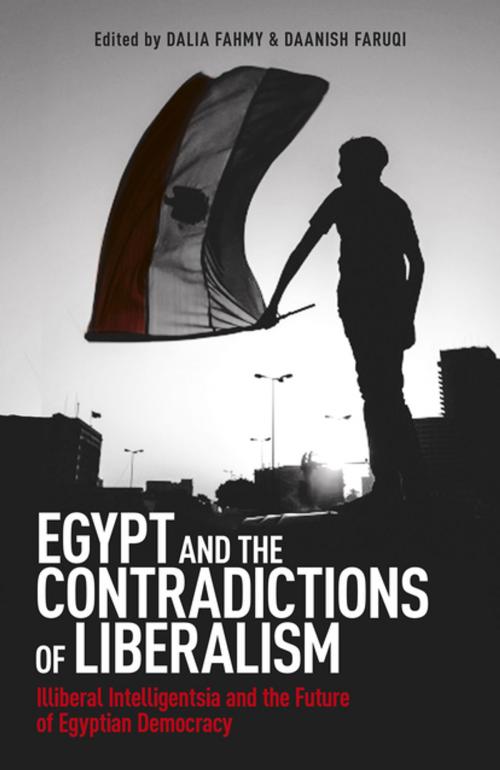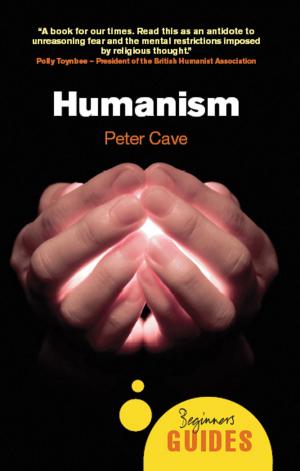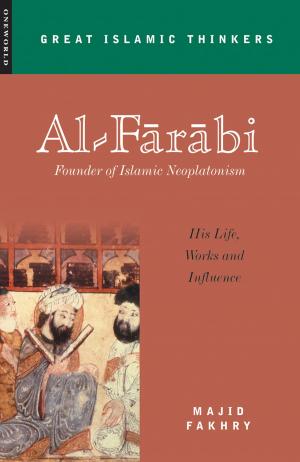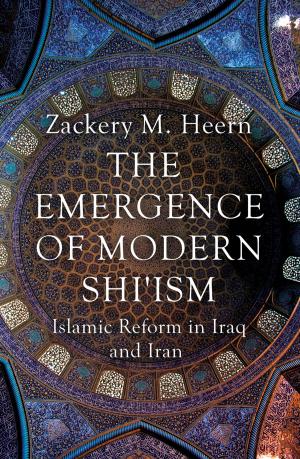Egypt and the Contradictions of Liberalism
Illiberal Intelligentsia and the Future of Egyptian Democracy
Nonfiction, Social & Cultural Studies, Political Science, Government, Democracy| Author: | ISBN: | 9781780748832 | |
| Publisher: | Oneworld Publications | Publication: | January 5, 2017 |
| Imprint: | Oneworld Publications | Language: | English |
| Author: | |
| ISBN: | 9781780748832 |
| Publisher: | Oneworld Publications |
| Publication: | January 5, 2017 |
| Imprint: | Oneworld Publications |
| Language: | English |
Two years after the Arab Spring had transformed Egypt from a dictatorship under Hosni Mubarak to a democracy under the Muslim Brotherhood, there was a military coup that saw the country return being a police state. In a paradoxical turn of events, this move away from liberalism was aided by the same influential coterie of Egyptian intellectuals and activists who had previously been leaders of civic protest under Mubarak.
With contributions from experts in Middle East studies, political science, philosophy, Islamic studies, and law, amongst others, this volume represents the first thorough examination of how Egypt's liberal intellectuals emboldened the return of authoritarianism. Together they form a holistic study of liberalism and modern Egypt, addressing the restrictions placed upon liberal opposition by the structural contours of the state itself, the role of Islam and Islamic activism, as well as issues of secularism, feminism and human rights more broadly following the overthrowing of Egypt’s first democratically-elected president.
Two years after the Arab Spring had transformed Egypt from a dictatorship under Hosni Mubarak to a democracy under the Muslim Brotherhood, there was a military coup that saw the country return being a police state. In a paradoxical turn of events, this move away from liberalism was aided by the same influential coterie of Egyptian intellectuals and activists who had previously been leaders of civic protest under Mubarak.
With contributions from experts in Middle East studies, political science, philosophy, Islamic studies, and law, amongst others, this volume represents the first thorough examination of how Egypt's liberal intellectuals emboldened the return of authoritarianism. Together they form a holistic study of liberalism and modern Egypt, addressing the restrictions placed upon liberal opposition by the structural contours of the state itself, the role of Islam and Islamic activism, as well as issues of secularism, feminism and human rights more broadly following the overthrowing of Egypt’s first democratically-elected president.















